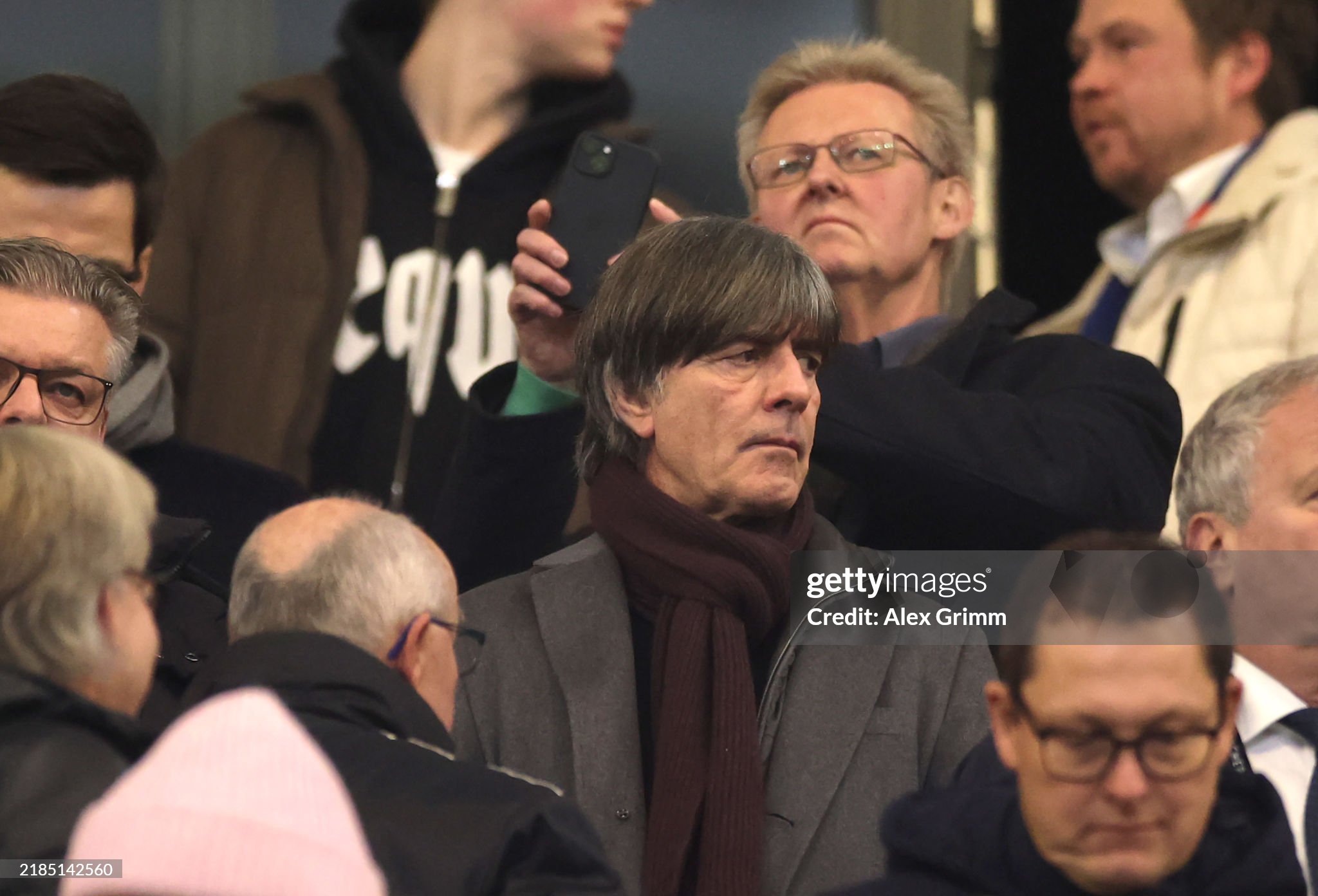Joachim Löw was the head coach of the German national team for no less than fifteen years. Looking back, the 64-year-old coach believes that he should have stepped down from the German Football Association sooner.
Joachim Löw, who helmed the German national team for an impressive 15-year tenure, is a figure synonymous with both triumph and turbulence in the history of German football.
Löw’s tenure as head coach is best remembered for leading Germany to glory at the 2014 World Cup in Brazil, where the team showcased a brand of football that was both dominant and exhilarating. Their emphatic 7-1 victory over Brazil in the semifinals remains one of the most iconic moments in World Cup history. However, just four years later, at the 2018 World Cup in Russia, the same team that once dazzled the world with its fluid play faced a shocking early exit. Germany failed to advance past the group stage, marking one of the lowest points in the history of the national team.
Reflecting on his time as head coach, Löw candidly admitted that he should have stepped down after the disappointing 2018 World Cup campaign. "Yes, definitely. That was certainly a mistake," he said during a recent interview with SWR Sport. Löw acknowledged that the decision to continue in the role was driven by a sense of responsibility and a belief that he could turn things around. However, in hindsight, he feels that stepping aside would have been the better choice for both himself and the team. "After such a journey, I should have said I would leave. We needed new impulses, a few new ideas, a new coach… That would have been much better," he admitted. Ultimately, Löw remained in his position until the conclusion of the 2021 European Championship, a decision he now views as a misstep.
The period following the 2018 World Cup was marked by attempts to rebuild and refresh the squad, but the results were mixed. Germany faced criticism for inconsistent performances and a lack of identity on the field, a stark contrast to the well-oiled machine that had dominated international football just a few years earlier. Löw’s decision to exclude several senior players from the squad in 2019, including World Cup winners Thomas Müller, Mats Hummels, and Jérôme Boateng, was seen as part of a broader plan to rejuvenate the team. However, this move was met with skepticism and did not yield the desired results, leading to further questions about his leadership.
During the interview, Löw also shared insights into one of his most significant decisions as head coach in his later years the recruitment of Jamal Musiala. Musiala, now a star for both Bayern Munich and the German national team, had a pivotal choice to make regarding his international career. Born in Germany but having spent much of his youth in England, Musiala was eligible to represent both countries. Löw revealed that in early 2021, he and his staff had several discussions with Musiala and his mother as they sought to convince him to choose Germany over England. "We spoke with him and his mother in the spring of 2021. He was uncertain about whether to play for England or Germany," Löw recalled.
The coach admitted that he broke his usual protocol in order to secure Musiala’s commitment. "And that was the first time I made a promise to a player," Löw said. "Even though he wasn’t a regular starter at Bayern back then, I told him that if he chose us, he would be part of the squad for the 2021 European Championship. Normally, I don't make such promises." This bold move paid off, as Musiala chose to represent Germany, and his rapid rise has since validated Löw’s decision. Musiala has become one of the most exciting young talents in world football, praised for his dribbling skills, vision, and maturity on the pitch despite his young age.
Musiala’s choice to play for Germany has proven to be a significant win for the national team, especially given the struggles they have faced in recent years. The young midfielder has brought a much-needed spark and creativity to the squad, helping to reignite optimism among fans and pundits alike. His development as a player has been rapid, and he has quickly established himself as a key figure in the team’s midfield, earning comparisons to some of the game’s greats. Löw’s gamble in making an exception for Musiala is now seen as one of his final and most impactful decisions as head coach.
As the dust settles on Löw’s long and storied career with the national team, his legacy is a complex one. He is widely credited with modernizing German football, emphasizing a more attacking and possession-based style of play that brought success on the biggest stage. Yet, his latter years were marked by challenges and setbacks, including the disastrous 2018 World Cup campaign and the mixed results that followed. In his own reflection, Löw appears to have found clarity on where things went wrong and what might have been done differently.
The upcoming period for the German national team is now focused on rebuilding and preparing for future tournaments. As a new generation of players like Musiala step into the spotlight, there is hope that the lessons learned during Löw’s tenure can help guide the team back to the top of world football. Meanwhile, Joachim Löw’s comments in the SWR Sport interview serve as a rare glimpse into the mind of a coach who has experienced both the highest of highs and the lowest of lows in international football. His willingness to admit his mistakes and share his insights offers valuable lessons not only for his successors but also for anyone involved in the sport.








